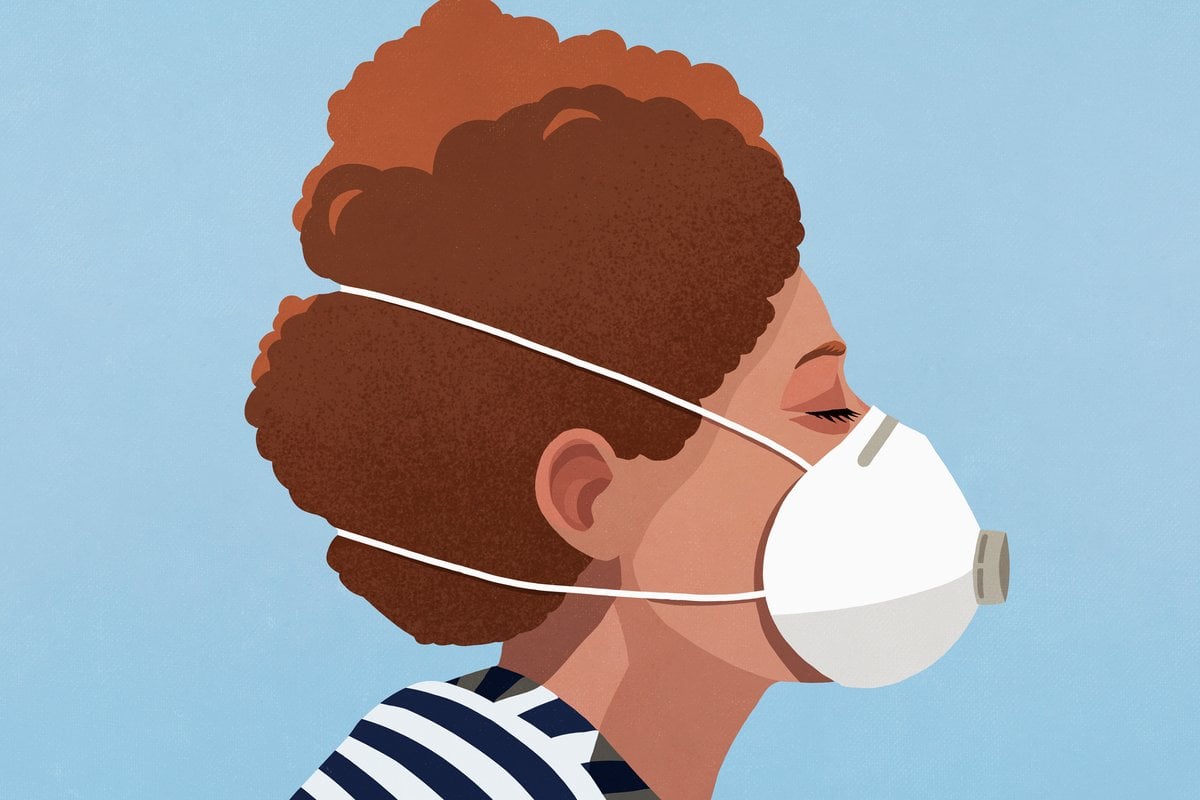
Whether you've had COVID-19 or not, you'll know that it's not a one-size-fits-all kind of deal. Symptoms associated with the condition are wide-ranging - and everyone's experience is different.
And as we creep into the third year of the pandemic (*puts on brave face*), experts are learning more about the virus and the longer-term effects it may have.
Y'see, a lot of people aren't just suddenly 'better' post-COVID. It's not as straightforward as that.
Watch: You know what you need? A laugh. Here are some TV characters who would absolutely OWN the pandemic. Post continues below.
Research shows that some people will experience prolonged effects of the condition - residual symptoms that can last for weeks, even months.
We're talking about everything from difficulty breathing to fatigue and even cognitive symptoms.
People describe these symptoms as being more than just a cold, but not so bad that you need to go to the hospital.
Enter, what we like to call, 'medium COVID'.

